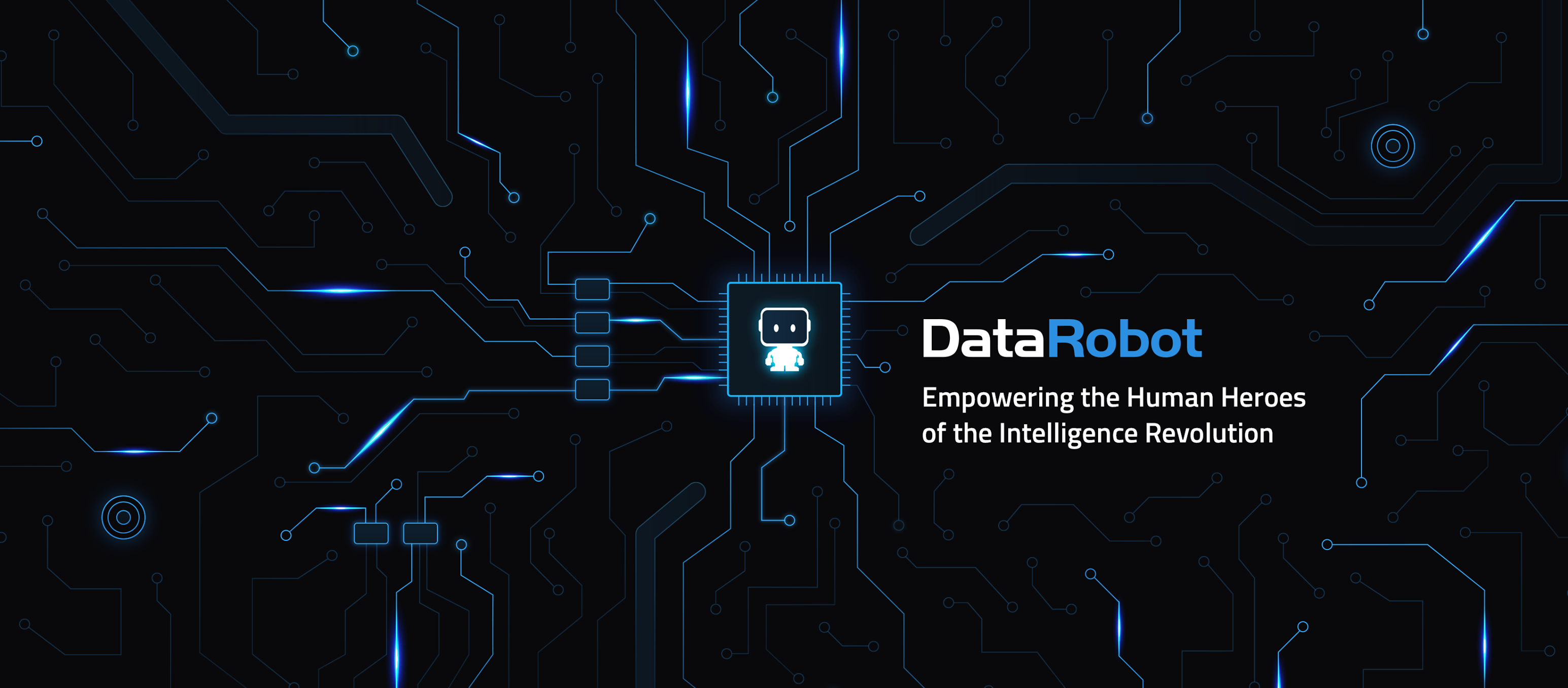 AI
AI
 AI
AI
 AI
AI
Artificial intelligence startup DataRobot Inc. today announced the availability of a new feature called DataRobot Notebooks, a fully integrated notebooks solution within the DataRobot AI platform.
The aim is to make it easier for data scientists to create a notebook with one click and collaborate across code-based workflows. DataRobot is the creator of an artificial intelligence development platform that aims to simplify the process of creating AI software. Its flagship product is DataRobot AI Cloud, a point-and-click AI building tool that enables people without coding skills to create machine learning models.
Developing an AI model involves three key steps. First, users have to find a neural network algorithm that’s suitable for their project. Then, they need to customized that algorithm, and finally, train it using sample data. DataRobot AI Cloud takes care of all the heavy lifting in these processes.
The DataRobot AI also enables users to get their hands dirty, with more technical features for streamlining feature engineering, which is the process of identifying the most relevant data points an AI should consider when coming to decisions. In addition, it enables data scientists to do manual customization of the AI models they’re building using a code editor that’s optimized for machine learning projects.
DataRobot Notebooks is relevant to these more technical users. Notebooks are a key tool used by data scientists to experiment with AI models rapidly and share insights using interactive computation and code snippets. DataRobot says that as machine learning projects grow and the number of Notebooks used increases, managing them becomes a lot more challenging, with numerous complex dependencies and libraries to contend with that can quickly overwhelm data science teams.
It’s for this reason that DataRobot is introducing its own, integrated Notebooks system. The new offering is said to streamline the code development experience for data science workflows, placing an emphasis on automation, reproducibility, scalability and collaboration. DataRobot Notebooks are said to be fully compatible and interoperable with the popular Jupyter Notebook standard, helping to onboard users more easily. They also come with predefined, preinstalled containerized environments containing frequently-used open-source machine learning libraries such as NumPy, Seaborn, scikit-learn and SciPy.
Just as important, DataRobot says, Notebooks is a unified environment with centralized governance features and fine-grained access controls, enabling data scientists to organize, collaborate and share notebooks and other assets in a secure fashion.
DataRobot’s senior vice president of product, Venky Veeraraghavan, said the company’s customers had requested a notebook solution that enables them to focus on their data science work, as opposed to infrastructure management tasks.
“With DataRobot Notebooks, data science teams can leverage a fully-managed, secure, and cloud-first solution that helps make their work a true team sport,” he said. “By providing the foundation for success and removing infrastructure maintenance, DataRobot Notebooks users can easily make progress and collaborate as a team.”
Enterprise Strategy Group Senior Analyst Mike Leone said DataRobot AI users will appreciate the new features, since many have become increasingly concerned about data science collaboration and productivity. “With DataRobot Notebooks, the flexibility to develop in preferred environments, including open-source ML tooling or in the DataRobot AI platform, streamlines the code development experience and allows data scientists to better collaborate as a team in a unified environment,” he said.
Support our mission to keep content open and free by engaging with theCUBE community. Join theCUBE’s Alumni Trust Network, where technology leaders connect, share intelligence and create opportunities.
Founded by tech visionaries John Furrier and Dave Vellante, SiliconANGLE Media has built a dynamic ecosystem of industry-leading digital media brands that reach 15+ million elite tech professionals. Our new proprietary theCUBE AI Video Cloud is breaking ground in audience interaction, leveraging theCUBEai.com neural network to help technology companies make data-driven decisions and stay at the forefront of industry conversations.